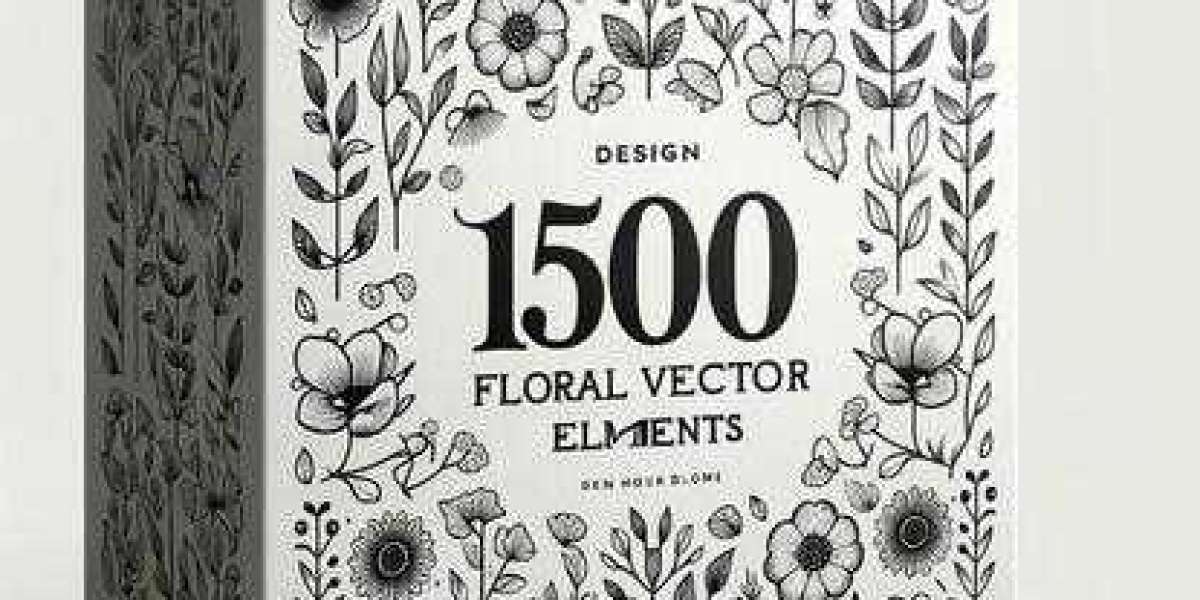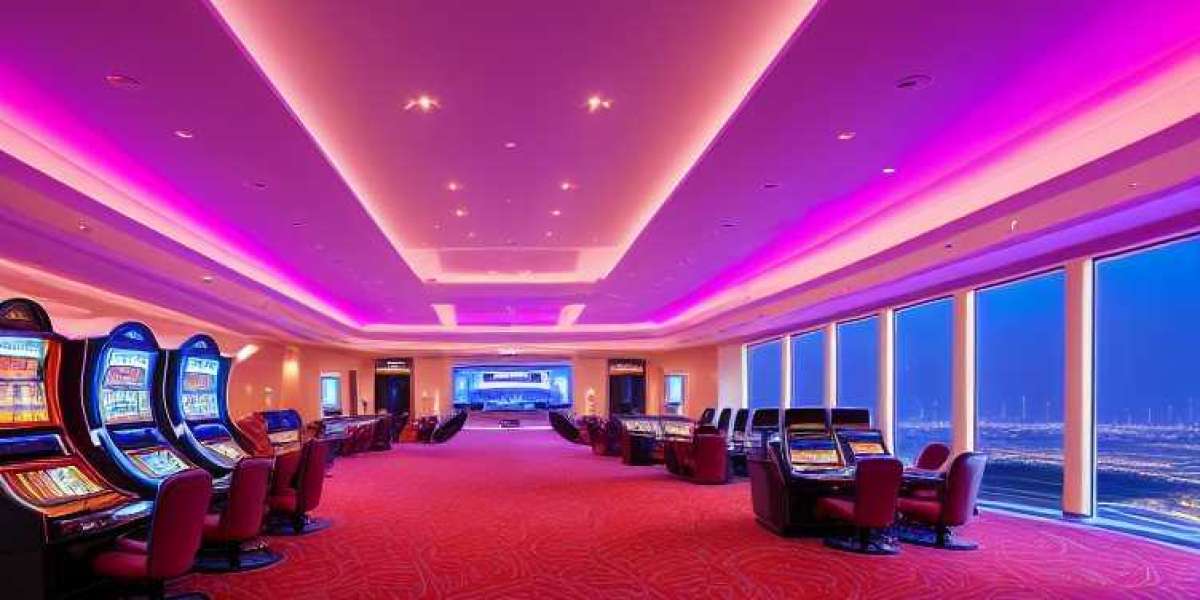
When you buy a home, you typically purchase the residential or commercial property and have full, extensive ownership over the home and the land it sits on. While this isn't the most typical kind of homeownership in the US, some metro realty markets include houses for leasehold purchase.

Today, let's explore what a leasehold is, how leasehold ownership compares to freehold ownership, and the advantages and downsides of a leasehold residential or commercial property in detail.
What Is a Leasehold Residential or commercial property?
Put just, a leasehold residential or commercial property is a personal residential or commercial property that you own for a specific amount of time without owning the land that it is built on. It's contrasted with freehold or cost easy ownership, which is much more common in America; leasehold residential or commercial property arrangements are more common throughout Europe in countries like the UK.
What Does Leasehold Mean?
In a nutshell, a leasehold indicates that you "lease" to own a specific leased residential or commercial property from its true or long-term lending institution. With a leasehold arrangement, the residential or commercial property owner or lessor provides the leaseholder the right to live on the residential or commercial property (and for all intents and purposes act as though they own the residential or commercial property) for a particular timeframe. This set amount of time can be short-term (month-to-month) or a longer period such as a year or 2 years.
In exchange, the lessee or homeowner makes a deposit and pays rent (often called ground lease) on a monthly basis like a conventional rental occupant. You pay leasehold interest on your bought leasehold estate, however the interest depends on things like whether the residential or commercial property is a new construct and other elements of the lease arrangement.
A leasehold residential or commercial property plan is various from a rental plan in a couple of key ways:
- Leasehold residential or commercial property arrangements are longer than rental leases most of the times. For example, you may rent a residential or commercial property for a year before needing to renew your lease. If you acquire a leasehold residential or commercial property, you'll own the residential or commercial property for 5 to 10 years at minimum, then have the option to restore your lease later on
- You have the freedom and versatility to make leasehold improvements to the residential or commercial property or to otherwise customize the residential or commercial property so it much better suits your needs until completion of the lease.
The various types of leasehold residential or commercial properties consist of single-family homes, but they are a lot more typical for business residential or commercial property lots, such as shopping centers, service structures, and so on. In these circumstances, entrepreneur borrow for leasehold residential or commercial properties so they don't need to take full ownership of the land and decide what to do with the land if they ever need to move or switch up their service properties.
Leasehold vs. Freehold
Leasehold residential or commercial properties are contrasted with freehold residential or commercial properties, which are far more typical in America for single-family homeowners. When you own a freehold residential or commercial property, you own the residential or commercial property in its entirety and in all time. In addition, you own the land that the residential or commercial property is built on.
Put simply, freehold ownership is "complete" ownership. While you still may make mortgage payments each month throughout the term of the lease to your mortgage lending institution, you own the residential or commercial property plain and basic, and when your mortgage payments are done, you don't have to make any more payments towards the residential or commercial property or the land it sits on.
Freehold residential or commercial properties make up the large majority of purchasable residential or commercial properties in the US. However, residential or commercial properties with leaseholds are more typical in certain cities such as Miami and in states like New York and Hawaii (the latter of which puts a premium on land ownership because there is a very minimal amount of it).
Generally, leasehold residential or commercial properties are readily available in places with less open land for brand-new advancement. You can find leasehold homes and structures in industrialized city locations rather than rural areas with a lot of offered space.
What Are the Benefits of a Leasehold Residential or commercial property?
There are great deals of benefits to owning a leasehold residential or commercial property, a lot of which make acquiring a leasehold home or company structure beneficial.

You Can Sell Your Leasehold
For starters, you can sell a leasehold residential or commercial property, even though you do not technically own the residential or commercial property outright. What you really sell is the lease to the leasehold residential or commercial property, at which point the brand-new owner continues making payments to the "true" or freehold residential or commercial property owner in your stead.
In this way, purchasing a leasehold residential or commercial property uses greater flexibility compared to renting a residential or commercial property - in the latter case, you can't merely give your leasing to somebody else in exchange for cash. The brand-new tenant has to form a different agreement with the residential or commercial property owner.
Even much better, you can offer your leasehold without notifying the original residential or commercial property owner. The more time left on your leasehold lease, the more important your residential or commercial property might be. This extra versatility implies that you are never really locked into a leasehold lease if you can find another prepared purchaser. That helps to negate among the drawbacks pointed out below, namely that leasehold loans normally have fairly long terms.
Leasehold Properties Can Be a Deal
Because leasehold residential or commercial properties aren't sold out right, they are usually cost a discount rate compared to freehold residential or commercial properties. If you are wanting to buy a home for the very first time or otherwise don't have a lot of money saved up, you may still be able to buy a home if you try to find leasehold residential or commercial properties specifically. These are in some cases available at a substantial discount.
Leaseholds Make Ideal Rental Properties
It's possible for a leaseholder to lease your residential or commercial property to somebody else. You still make payments to the freehold owner for the residential or commercial property, however you can rent your leasehold home to another person and pocket the distinction (depending on market conditions).

Leasehold residential or commercial properties frequently make perfect rental residential or commercial properties for investors. You do not need to worry about spending for the land or owning the residential or commercial property in general, which can result in some administrative and managerial headaches.
Even if you do not prepare to lease your leasehold home, taking out a leasehold loan implies you get many of the benefits of renting your residential or commercial property without being as limited to conventional rental genuine estate, like apartment or condos, smaller sized homes, and so on.
Leaseholds Have Lower Deposit
Because leasehold residential or commercial properties are sometimes cheaper than freehold residential or commercial properties, they also often have lower deposits. Again, this makes leasehold realty more available for newbie investors or property buyers.
You Can Renovate as Much as You Want
Since you "own" a leasehold residential or commercial property you acquire, you can refurbish it as much as you want, with the exception of any terms and conditions that may be mentioned in your leasehold lease. This is contrasted with traditional rental contracts. When you rent a residential or commercial property, you normally aren't enabled to refurbish or make modifications to the residential or commercial property beyond adding some basic decorations.
Interest Rates Are Remarkably Consistent
Leasehold residential or commercial properties have one final benefit: constant rate of interest. In times of market volatility or change, this can be a significant benefit in that you'll be able to forecast just how much you'll spend for your leasehold residential or commercial property for many years or possibly decades to come.
Exist Downsides To a Leasehold?
However, there are disadvantages to owning a leasehold residential or commercial property instead of buying a freehold residential or commercial property to remember.
You Don't Own the Land
You never ever own the arrive at which a leasehold residential or commercial property sits. This inherently reduces the value of purchasing a leasehold residential or commercial property compared to purchasing a freehold residential or commercial property.
You Still Pay Rent
Furthermore, acquiring a leasehold residential or commercial property indicates you still pay rent to be a true, freehold owner. Rather than putting money toward your mortgage and building equity in your home, you pay lease and don't construct up anything. If you have a long-lasting goal of homeownership and never ever need to spend for your house once again, leasehold ownership is not the best choice.
You're Committed for a Long Time
Many leasehold loans are provided for time frames ranging from 5 years to 10 years or even longer. When you sign a leasehold loan, you are oftentimes locked into that financial plan for an extremely long time, specifically compared to rental leases (which are for months or as much as a year, normally).
Due to this limitation, you should be sure that you desire to buy a leasehold residential or commercial property before signing on the dotted line.
Leaseholds Are Rare Beyond Certain States
Beyond states like Florida, New York City, and Hawaii, it can be tough to find leasehold residential or commercial properties available for purchase. Due to a mix of elements varying from culture to abundant property opportunities and more, leaseholds are just rare in the United States.
These types of residential or commercial properties are much more typical in Europe, and specifically the UK. If you're looking to take benefit of the above advantages, you may need to hunt for the perfect residential or commercial property for a lot longer than if you were to search for a freehold residential or commercial property for the mortgage.
The Bottom Line on Leaseholds
As you can see, leasehold ownership can be advantageous in some circumstances. However, it can be difficult to understand whether acquiring a leasehold residential or commercial property is much better than purchasing a freehold residential or commercial property. In these cases and more, you require to understand you have the ideal financing prepared to go to finalize your purchase ASAP.
That's how Vaster can assist. Not just can our experienced loan officers help you find the best loan for your requirements, but they can also help you comprehend whether one home purchase or another is ideal for your goals. Contact us today to get more information.









